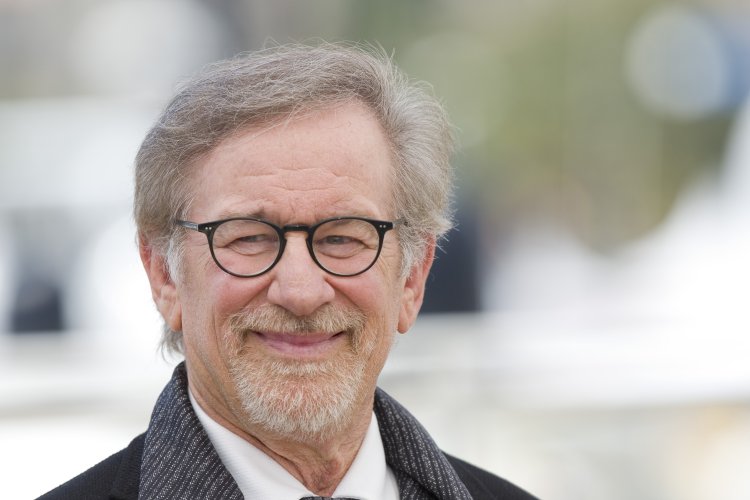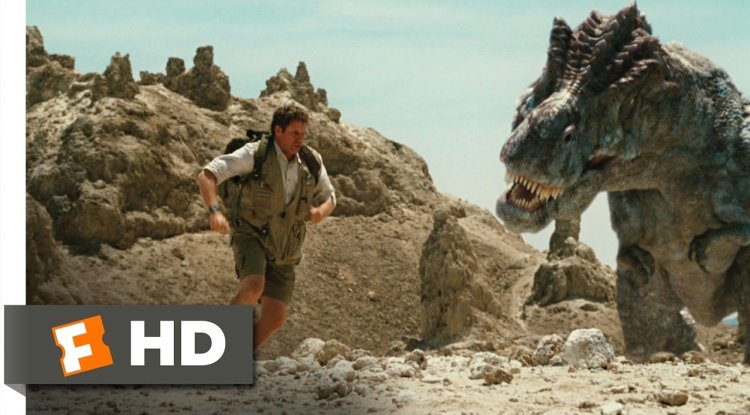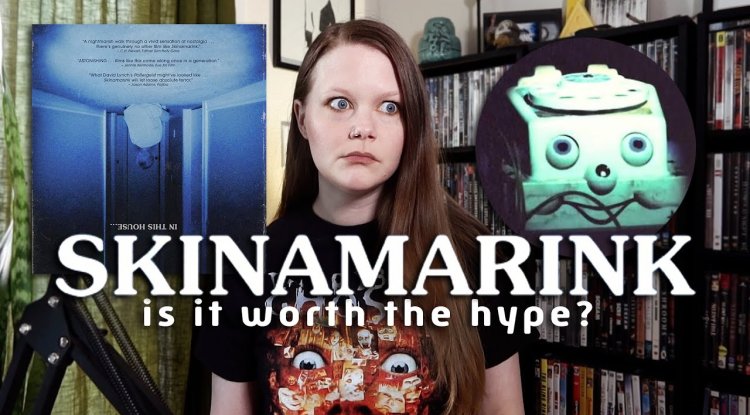"Father - thank you, Mother - goodbye": Steven Spielberg
Everything about Spielberg's most personal film.

For nearly half a century, Hollywood director Steven Spielberg (75) has been defining film magic with extraordinary acts, but also touching and humane storylines.
The director of "Shark," in which he collectively drove us out of the sea, "ET," in which he taught us to fly on a bicycle alongside a boy and an adorable alien, "Jurassic Park," in which he resurrected dinosaurs in a unique way, "Indiana Jones," in which he redefined the adventure film genre for new cinema generations, "Schindler's List," "Saving Private Ryan"...
Last year, he recreated "West Side Story" in his own manner, in order to come out to the public with his most personal film so far, after reminding us of the value of historical memory with "Munich" (and many more films that we still enjoy today).
With "Fabelmans," he turned the camera lens on himself and his family, as well as the events that almost fatefully dictated his career orientation and life.
Spielberg's new film is a coming-of-age drama, both universal in its depiction of misunderstood artists and broken family homes and specific in its reference to the author's own youth.
The total effect is an incredibly fun and humorous, pleasant and at times touching autobiographical film with an unusually well-chosen cast and long-lasting original music by John Williams and imagery by cinematographer Janusz Kaminski.
It's been a long time since an American family film has had as touchingly exhilarating opening scenes of the first meeting with cinema and cinematic magic as those in "The Fabelmans". Unforgettable.
The main character, the Jewish boy Sammy Fabelman (at the time played by the wide-eyed and unforgettable Mateo Zorion Francis-Deford), is taken to the cinema by his parents for that fateful meeting with the film - with Cecil B. DeMille's "The Greatest Show on Earth" and a traumatic scene for him collision between a train and a car, which he will try to reinterpret with his toys in the room.
Noticing the trauma, Sammy's mother Mitzi (the excellent Michelle Williams, who should win an Oscar for this part) advises that he film the scene so he can watch it over and again, comprehending that her young son wants to regain control over her emotional impact. and overcome the fright, and since then, the camera and filming have virtually become a norm in the boy's life.
Sammy quickly realizes that he requires that level of control because his home life is chaotic. It is well known that Spielberg lived a similar life. And, like the director, Sammy has three sisters, a mother who used to be a concert pianist but gave up her career for the sake of the family, and a father who works as a computer electrical engineer and compelled the family to relocate from the East Coast to Phoenix, Arizona (in the 1950s).
That is why everything in "Fabelmans" shows that Spielberg is remaking his own mythology by recalling the events of his youth as an idealized version that he may wish were genuine, but also as a chance to bring back his parents and grow closer to his family. In other words, Spielberg is creating a Hollywood version of his life, one that he may or may not have lived.
The story of Sammy Fabelman (played as the older by Gabriel Label) is one in which the defects and turmoil of his family life are more endearing than aggravating. Mitzi, his mother, is a free-spirited infidel and artist who is fundamentally unhappy and disturbed. Bart Fabelman (Paul Dayno), his father, has never given up on his wife, a compassionate if severe, a genius whose children aren't interested in chatting to him about magnetic fields and cars.
Emotional and moving
Benny Levy (Seth Rogen), Father's inseparable buddy and associate, is the object of Mica's life's love longing, which Sammy will find precisely thanks to his camera and one of the youth films that he continuously filmed and displayed in school.
There are also scenes of him striking a striking conversation with his mother's strange uncle, the old actor Boris Schildkraut (Judd Hersh), and the fateful ones - with John Ford himself (played by director David Lynch), whose films he admired by imitating them in his own amateur works, and now by him learned that a film can be interesting "only if the horizon in it is down or up on the screen, and if it is in the middle - then the film is boring".
And it is at this point in "The Fabelmans" that the two parallel, but constantly interwoven stories meet. His own fascination with the film is inextricably linked to the grief caused by his mother, and Spielberg catches it all perfectly, almost like a dream. In his "Fabelmans," there is some confusion, and sometimes superficiality (there are a lot of characters, and not all of them are explored in depth), but there are also a lot of emotions and touching moments in the director's attempt to understand his parents and see their varied tales.
"The Fabelmans" can also be "read" as Spielberg's love letter to everyone who helped shape him into a man, including his younger sisters, first loves, friends, and even high school bullies with who he understood how to checkmate. It's also a picture that could easily be titled "All About My Mother," because Spielberg has finally seen and understood her, and actress Michelle Williams has recreated it in such a manner that it becomes an unforgettable cinematic experience.
Take note of Spielberg's postscript, which appears after the credits: "Father - thank you." Goodbye, Mother. And to my children - congratulations".
Post by Bryan C.




























